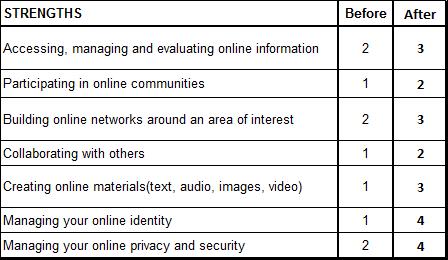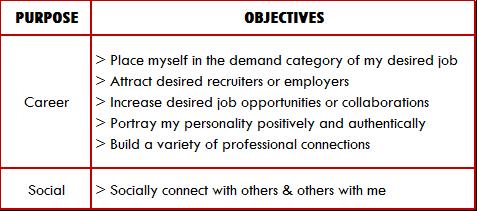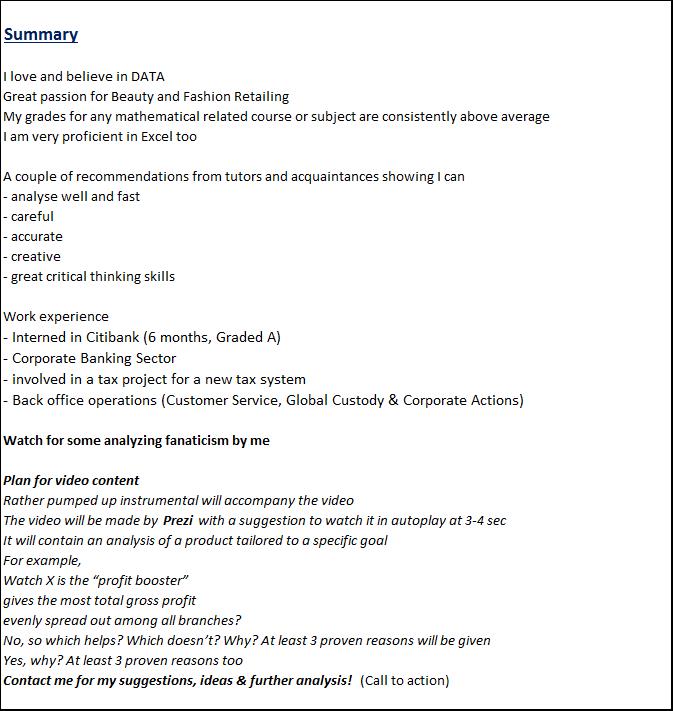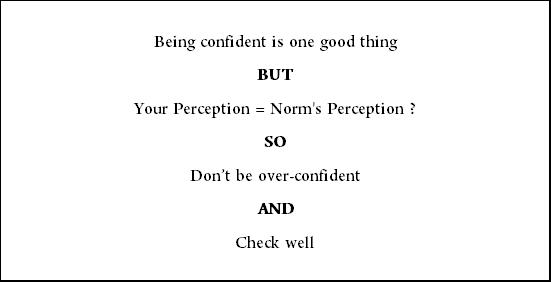Through MANG2049, it has taught me that even though living and working online can promote better learning through more effective discussions due to full participation, it requires greater discipline as compared to offline.
I have improved in dealing with online information due to the extensive amount of resources shared and used while discussing the topics. Now, I take less time to spot for reliable sources. MANG2049 has definitely exposed me to more online communities and be active in it. Now, I have added twitter and WordPress. Also, I am working on my LinkedIn. This module also taught me how to build effective online networks and collaborations for professional purposes. It can be seen clearly I have changed in terms on creating online materials, from just words to images and better text. The most that have changed is on managing my online identity and privacy. Before, I thought the best way is not to have online presence because I could not take the risk of the possibility of creating a mistake with the “world” as witness. However, after many detailed discussions and researches during MANG2049, I have understood and accept the great importance of having an online professional profile.
My desired career industry to be in is Marketing. While planning, I came up with my purposes and objectives for my existence online, which are represented below.
After MANG2049, my purposes for online existence have completely changed. Previously, it was just for personal and social reasons. Now, it will be made and prioritized for career purposes (Management of online identity and privacy). To achieve my objectives, I have decided to focus heavily on one social platform, LinkedIn, the most used social media platform by recruiters and the current most powerful tool in finding jobs. According to Laura Shin, LinkedIn is a necessity for the Marketing industry! I will still be active in other social platforms like Facebook, Twitter and Instagram, but in a minimalistic manner.
My online professional profile must incorporate both what I want to be seen as (Positivity) and who am I really (Authenticity). Also, although I have flaws, the profile will strategize on positive reinforcement, because blunt honesty might be very self-destructive. Since I am an undergraduate, I do not have many work experiences so the least I can do is to show future employers how well I market myself!
So, how will I market myself effectively in LinkedIn???
(Self-reminder: I am an undergraduate)
- Professional Profile Picture
The image below shows a simple checklist that will guide me in posting the right profile picture.
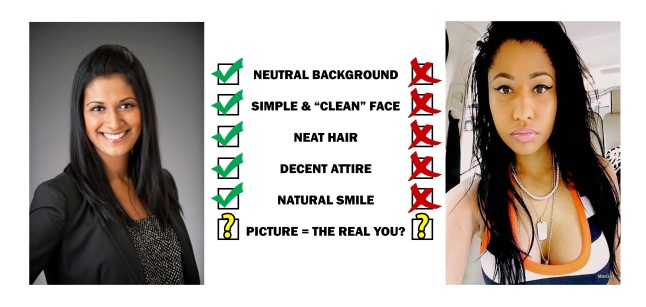
Picture credit : characterist & mangodminajplace
- Specific Headline
My headline with be edited to be specific and make me easily searchable.
- Attractive Summary with video
I will include keywords that will make me easily searchable and attractive for my desired job. The summary will be short and will contain “call to action” at the end of the video. My purpose for the video is to showcase my analytical skills, creativity, efficiency, finance knowledge, and my fun personality (cannot be shown in a normal resume).
- Connections & Recommendations
For this step, I will follow what are recommended under, “Connect with everyone”, “Ask for recommendations” and “Make connections”. I have targeted myself to make about 50 connections.
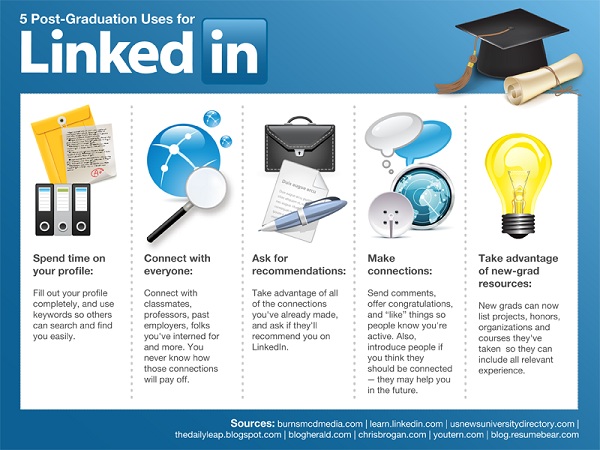
Picture credit : socialmediatoday
- Others’ opinions matter
Lastly, I will acquire some constructive feedback on my LinkedIn from reliable people to keep me more assured.
Overall, thank you MANG2049 for pushing me to keep up with the digital world, especially professionally. It has broadened my knowledge and awareness on the key online issues today, like on free content, online identities and ethical issues.
xxx
References :
Careerly, H. 8 Steps To Creating A Powerful LinkedIn Profile. (2013). Available at:
http://www.businessinsider.com/8-steps-to-creating-a-powerful-linkedin-profile-2013-12?IR=T& [ Accessed on 14 December 2014 ]
Target Jobs. Creativity: graduate recruiters like fresh thinking. (2014). Available at: https://targetjobs.co.uk/careers-advice/skills-and-competencies/300864-creativity-graduate-recruiters-like-fresh-thinking [ Accessed on 15 December 2014 ]
Ventura, M. How to create an all-star graduate LinkedIn profile [10 tips]. (2014). Available at: http://theundercoverrecruiter.com/all-star-graduate-linkedin-profile/ [ Accessed on 14 December 2014 ]
Shin, L. How To Use LinkedIn: 5 Smart Steps To Career Success. (2014). Available at: http://www.forbes.com/sites/laurashin/2014/06/26/how-to-use-linkedin-5-smart-steps-to-career-success/ [ Accessed on 14 December 2014 ]
Jobvite Job Seeker Nation Study. (2014). [online] Available at: http://web.jobvite.com/rs/jobvite/images/2014%20Job%20Seeker%20Survey.pdf [ Accessed on 12 December 2014 ]
Social Recruiting Survey Results. (2013). [online] Available at: http://web.jobvite.com/rs/jobvite/images/Jobvite_2013_SocialRecruitingSurveyResults.pdf [ Accessed on 12 December 2014 ]

